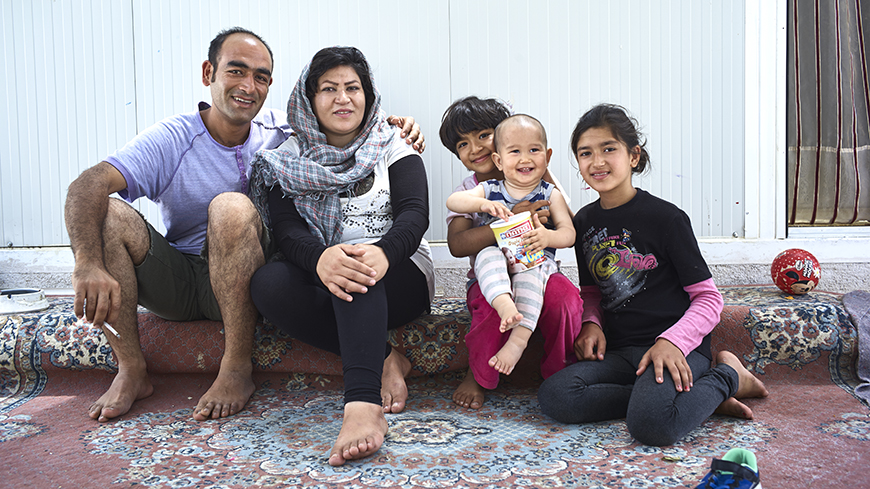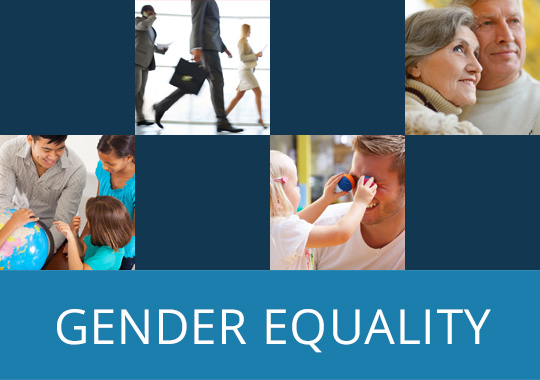The European Committee of Social Rights published its latest conclusions regarding the rights of women, children, families and migrants on 24.03.2020. The Committee is the body responsible for monitoring compliance in the States party to the European Social Charter, under two complementary mechanisms: through collective complaints lodged by the social partners and other non-governmental organisations, and through national reports drawn up by Contracting Parties.
The Committee underlined the importance of eliminating gender-based discrimination and protecting the rights of employed women during maternity, in night work and in dangerous and unhealthy working conditions (Article 8 - rights of employed women to protection of maternity). This includes the provision of at least 6 weeks post-natal paid leave with at least 70% of an employee’s salary, which six States were not in conformity with. In almost a third of the situations examined the dismissal of pregnant employees and employees on maternity leave was allowed in circumstances beyond those allowed by the Charter or the unlawfully dismissed employee could not get adequate redress or compensation. As regards the right to paid nursing breaks, and the protection of pregnant women, new and nursing mothers in respect of night-work and dangerous, unhealthy or arduous work, the few findings of non-conformity related mainly to insufficient evidence of an adequate specific protection in the relevant legislation.
On a more positive note, the Committee found that in most states that have accepted the provision for individual rights to parental leave, both parents enjoy a right to parental leave. However, not in all countries is an employed parent adequately compensated for their loss of earnings and protected from dismissal on the ground of family responsibilities (Article 27 - the right of workers with family responsibilities to equal opportunity and treatment).
Inadequate measures to combat domestic violence have also given rise to a significant number of findings of non-conformity with the Charter.
The respect of the rights of migrant workers was found to be problematic, with all but three countries not conforming with provisions of Article 19 (rights of migrant workers and their families to protection and assistance), especially regarding infringements on the right to family reunion. The Committee noted that in many cases the expulsion of a migrant worker could entail the expulsion of family members, without assessing their own personal circumstances, which may disproportionately negatively impact women and girls. The Committee is also increasingly concerned about the treatment of children in an irregular migrant situation. It raised concerns about their detention, age assessments and bone testing, and what measures have been taken to reduce statelessness.
Nevertheless, the conclusions also show positive developments concerning social rights, particularly in protecting maternity in the workplace.
Find out more about the European Committee of Social Rights conclusions: Press briefing document
Conclusions by country: Albania, Andorra, Armenia, Austria, Azerbaijan, Belgium, Bosnia and Herzegovina, Bulgaria, Denmark, Estonia, Finland, France, Georgia, Germany, Greece, Hungary, Iceland, Ireland, Italy, Latvia, Lithuania, Luxembourg, Malta, the Republic of Moldova, Montenegro, the Netherlands Curaçao, North Macedonia, Poland, Portugal, Romania, the Russian Federation, Serbia, the Slovak Republic, Spain, Turkey, Ukraine and the United Kingdom





